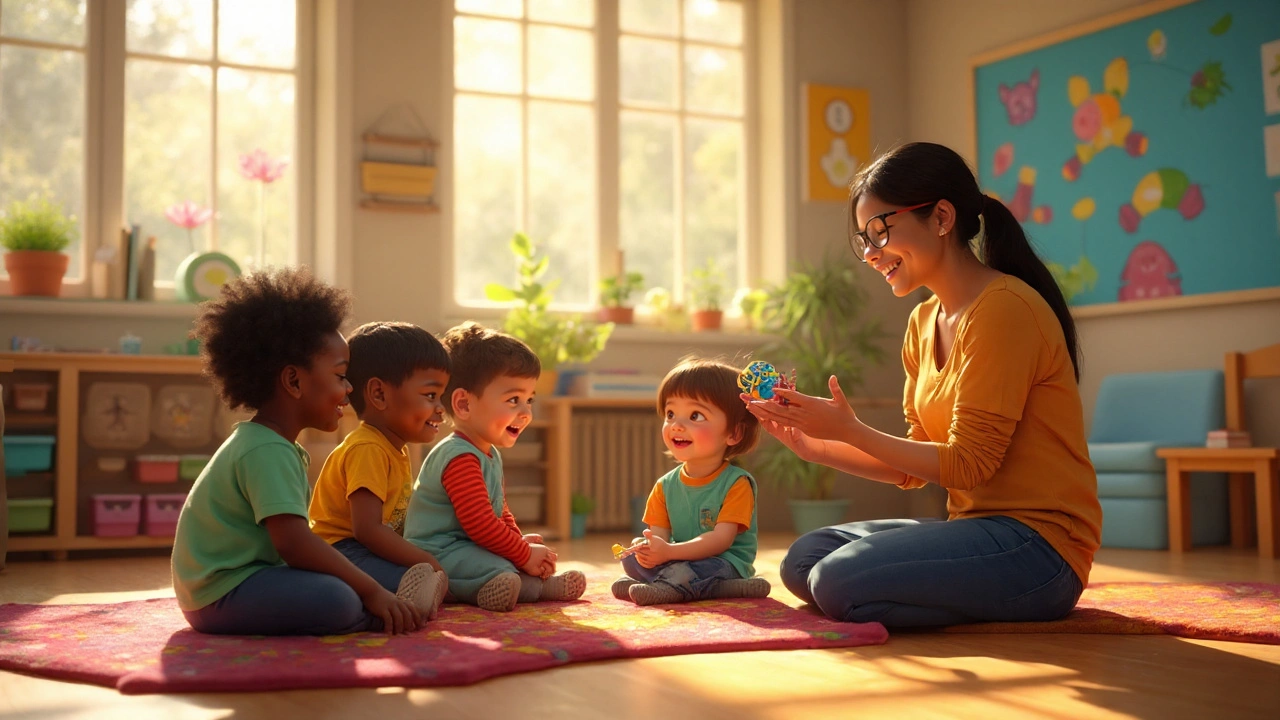Child Development: What Every Parent Should Know
Wondering what your child should be doing at each age? You’re not alone. The first years are full of rapid change, and knowing the basics can make caring for your kid easier and more fun.
Key Milestones From Birth to School Age
From the moment a baby is born, the brain starts making connections. In the first month, most infants can lift their heads briefly and focus on faces. By three months, they usually start smiling and reaching for toys. At six months, you’ll see them rolling over and beginning to sit up without support.
When they hit the one‑year mark, most kids can stand with help, say a few words, and use a pincer grasp to pick up small objects. Around 18 months, they often start walking alone, saying around 20 words, and showing curiosity about how things work.
Between ages two and three, language explodes. Expect simple sentences, pretend play, and a growing sense of independence. By the time children reach school age (5‑6 years), they can count, write their name, and follow basic rules in games.
Practical Tips to Support Healthy Growth
Kids thrive on routine, so keep meals, naps, and bedtime consistent. Offer a variety of foods – fruits, veggies, whole grains, and protein – to fuel both body and brain. Let them explore with safe, open‑ended toys; building blocks, crayons, and puzzles encourage problem‑solving skills.
Talk to your child often. Naming objects, describing actions, and reading stories together boost language development. When they ask why something happens, give simple, honest answers to nurture curiosity.
Physical activity matters, too. Simple games like tag, dance, or a walk in the park keep muscles strong and improve mood. Even short play sessions help develop coordination and balance.
Pay attention to social cues. Encourage sharing, taking turns, and expressing feelings with words. Modeling empathy – saying "I see you're upset" – helps children learn how to connect with others.
If you notice a delay – for example, a toddler who isn’t babbling or a preschooler who struggles with simple instructions – talk to a pediatrician early. Early intervention can make a big difference.
Remember, every child is unique. Some hit milestones a little earlier or later than the average, and that's normal. Celebrate each achievement, no matter how small, and give love and patience along the way.
By staying informed, providing a nurturing environment, and keeping communication open, you set the stage for a healthy, happy childhood. Keep an eye on growth, ask questions when you’re unsure, and enjoy the journey of watching your little one grow.

Why Early Intervention Matters for Kids with Intellectual Disabilities
Discover how early intervention transforms outcomes for children with intellectual disabilities, from brain development to lifelong learning.
Read More